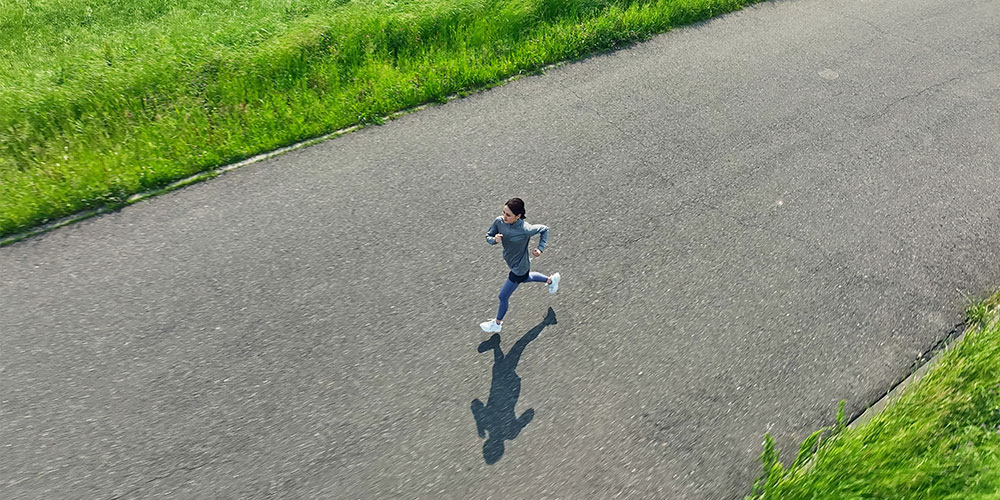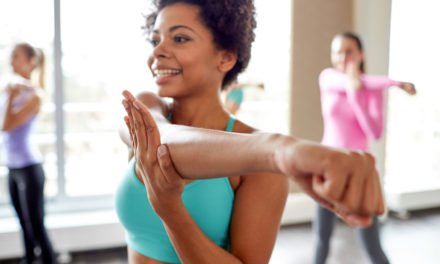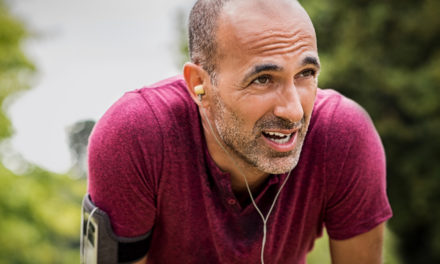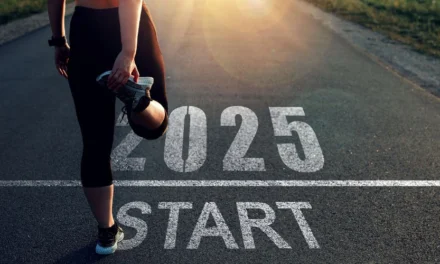- Make sure you are not only progressing in your long run, but pay attention to the total workload of the week. Increasing intensity and volume simultaneously is usually where people get in trouble.
- If you have a goal pace in mind, you better be practicing that pace! You won’t race faster than your goal pace runs, which should occur at least once a week in the last six to eight weeks before your big event.
- Be prepared to replace your shoes every 200-300 miles. No joke! If you get random lower leg discomfort that you have not been getting, your shoes are likely toast.
- Don’t get attached to your toenails. They may lose their attachment to you.
- Make sure you are eating and drinking during your long runs and races. Getting at least 30g of carbs an hour during a marathon is a great starting point. We recommend always taking in fluids with electrolytes. Too much plain water will give you the same issues as too little fluid.
- Make sure you take an easy week every third or fourth week of training. Unloading fatigue is just as important as any week of mileage.
- If you are not doing regular strength training and stretching, you are doing yourself a disservice. Strength is the key to ensuring your body is primed and ready to handle the demands of your run workouts.
- Make sure you practice starting out easier on your long runs and aim to finish strong at a faster pace if possible. This is how you should approach your race day pacing, too, so why not practice?
- If you are new to long-distance running, limit your intense runs to once a week. Running fast makes you faster, but it also adds a lot of training stress on the body.
- Use stacked weekend runs to better simulate marathon levels of fatigue. A long run on Saturday and a marathon-pace run on Sunday are common for our athletes. You don’t have to get to the 20-mile long run. Just aim to get in close to 26 miles over two days.
Dale Sanford is the co-founder of BPC Performance, Inc. and has been coaching endurance athletes all over the world since 2009. From first-timers to world championship competitors and everything in between. Dale is also BPC’s bike fit and movement specialist. He is an avid triathlete himself, earning USA Triathlon All-American honors and qualifying for the Ironman 70.3 World Championships. You can catch up with Dale @bpcperformance, bpcperformance.com, or listen to the Coaches on Couches Podcast.










